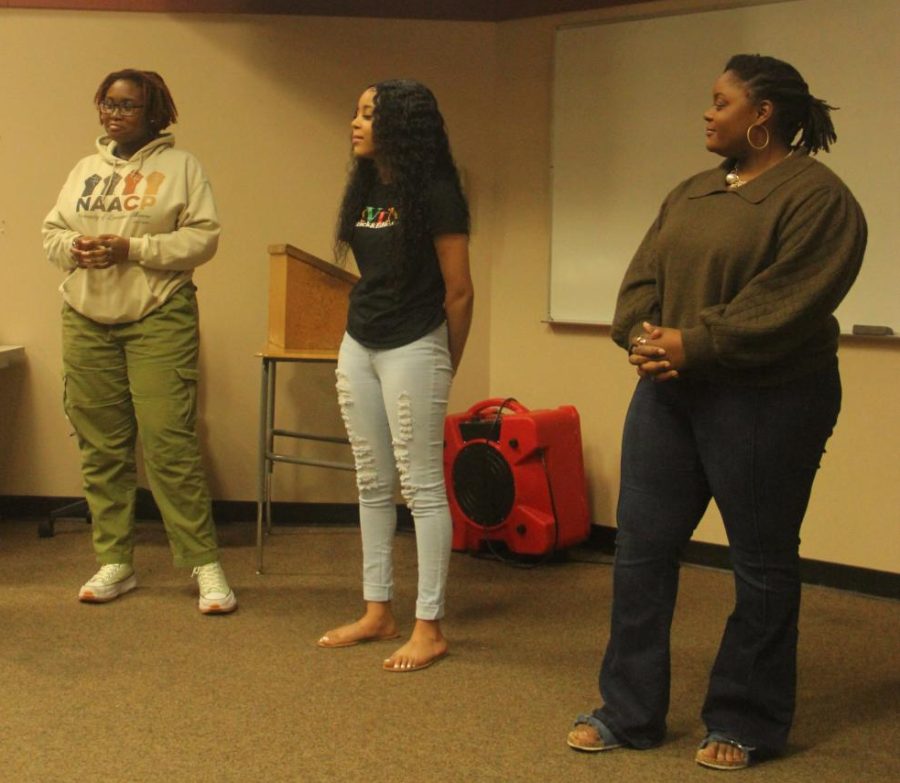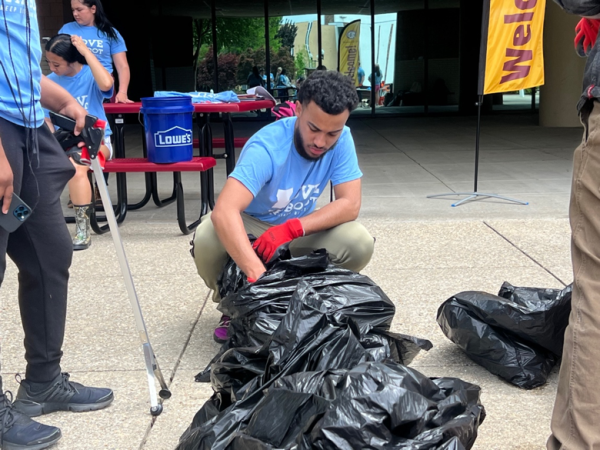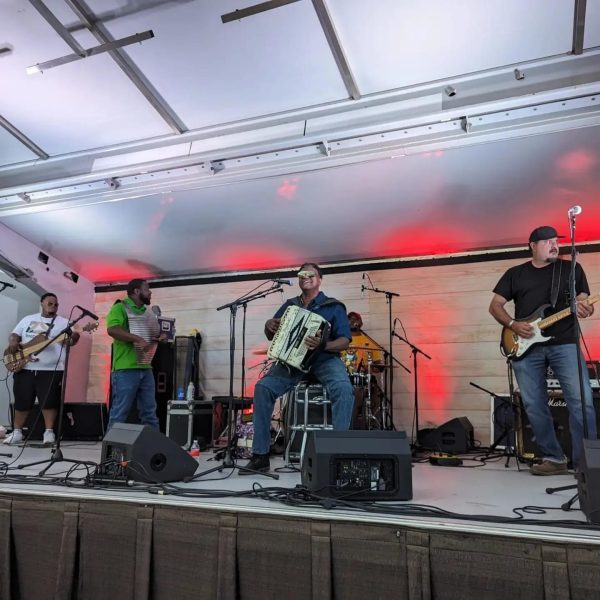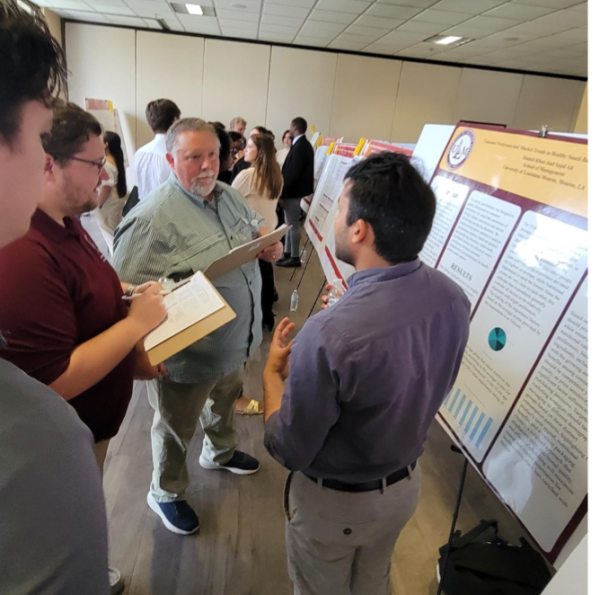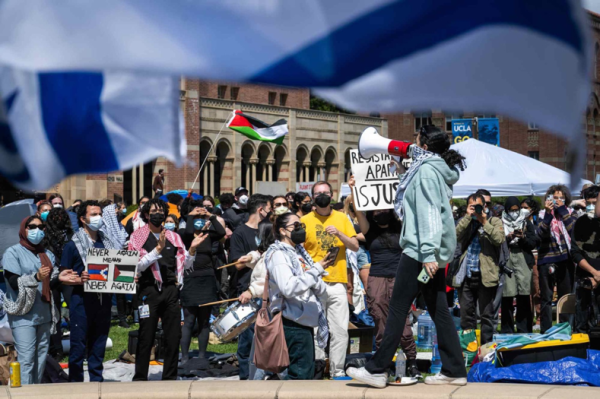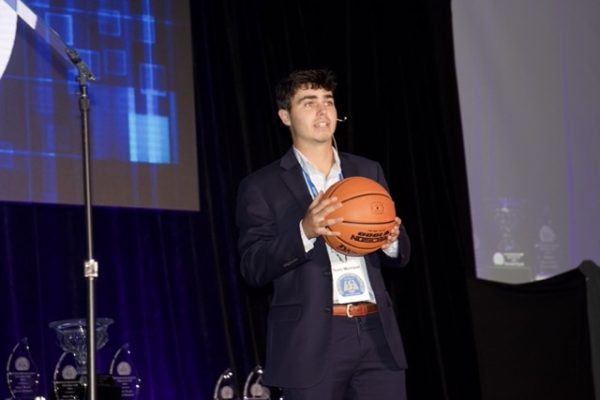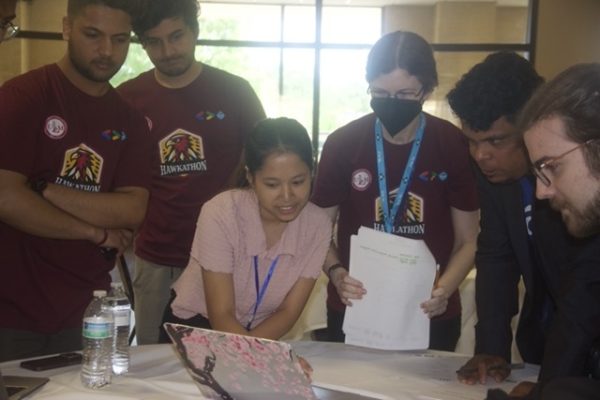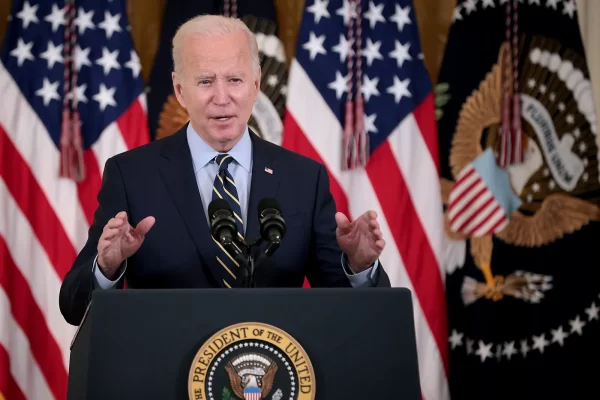NAACP holds discussion on race relations
March 6, 2023
Before action and change occur, a conversation must take place.
The NAACP gave students an opportunity to have a hard conversation on Tuesday at their event called “Let’s Talk About It.” The event was aimed at allowing minority students to have a discussion about race relations at ULM.
Five panelists answered questions submitted by students. The panelists included members of the NAACP Board at ULM and a guest panelist, Rev. Corey Jefferson.
The discussions covered a range of topics about race relations, including more representation on campus, transportation and school fees.
“There are less of us to begin with since we are a minority when it comes to the subject of being noticed,” NAACP President LaChele Green said. “We require representation if we are to be noticed and acknowledged on this campus.”
Vice president of student affairs at ULM, Valerie Fields, was in attendance and spoke on the topic of representation. She gave a unique perspective telling of her past with ULM President Ronald Berry.
“Not so many years ago, in Winnsboro, Louisiana, where I graduated from high school and also President Berry graduated from high school, we were not allowed to visit with one another,” Fields said. “When we graduated, our proms had to be separate.”
Fields went on to talk about the importance of remembering how far ULM has come but also acknowledging the work that needs to be done.
“When you think about those things, and you think about the ecology of our campus, sometimes we’re all in the same room, but we’re still separate,” Fields said. “That is one of those conversations that I would call a courageous one that will eventually need to surface and be had.”
Jefferson commented on how vital these conversations are to spark change on campus.
“Conversations have to change to actions, and the more you talk about it, the more you have it,” Jefferson said. “It sparks a fire and emotion to go forward.”
Each student in attendance had the opportunity to share their experience at ULM and offer suggestions for how minority and African American students can achieve a larger voice with more representation.
“Just being here makes a statement and has an impact on everyone else,” Green said.


